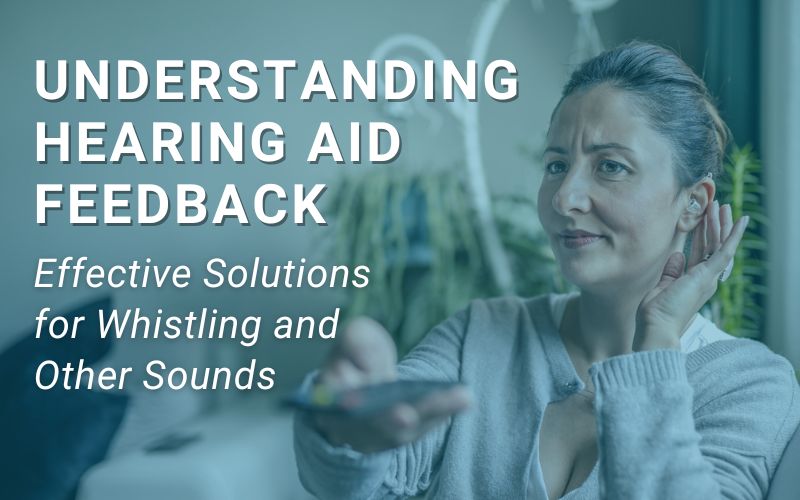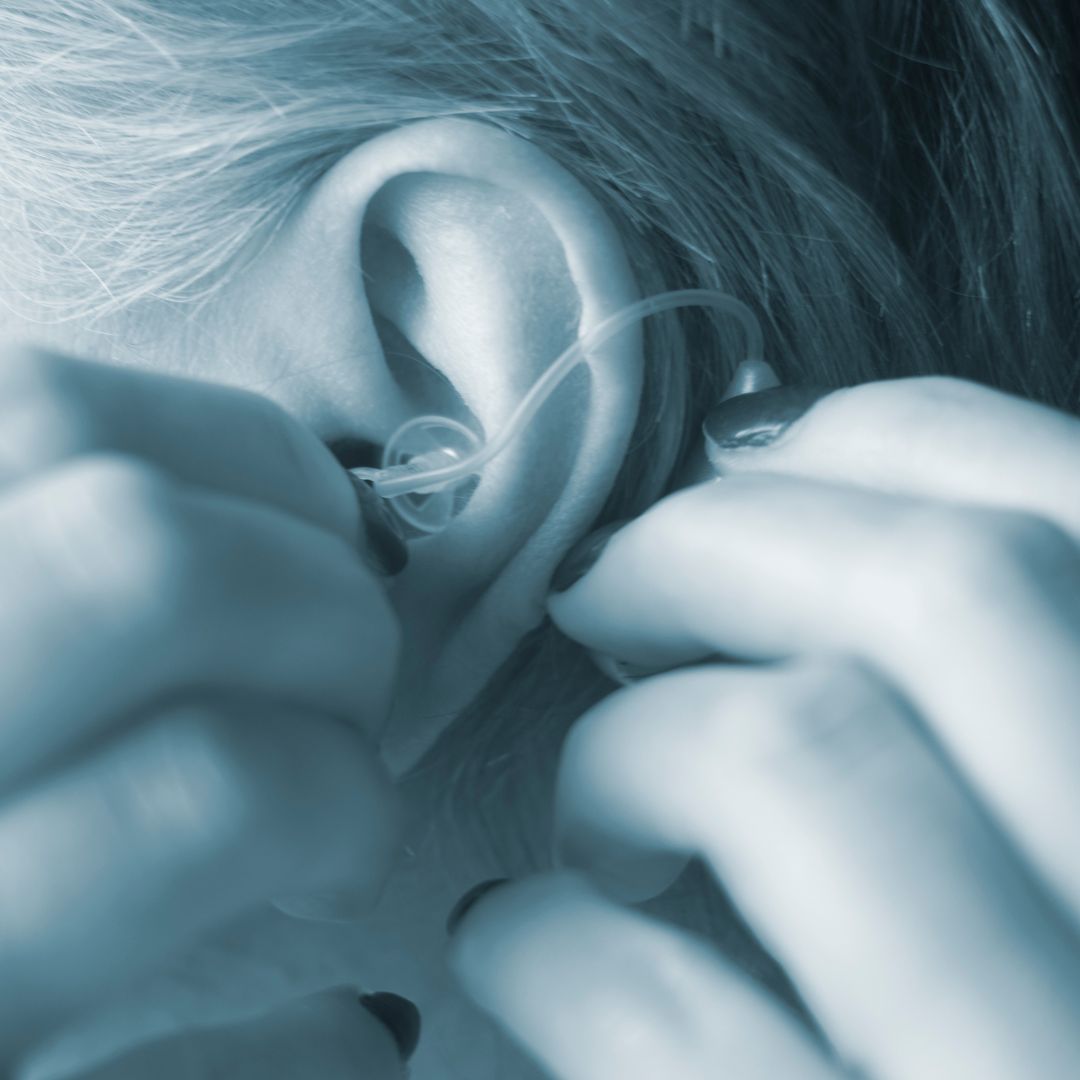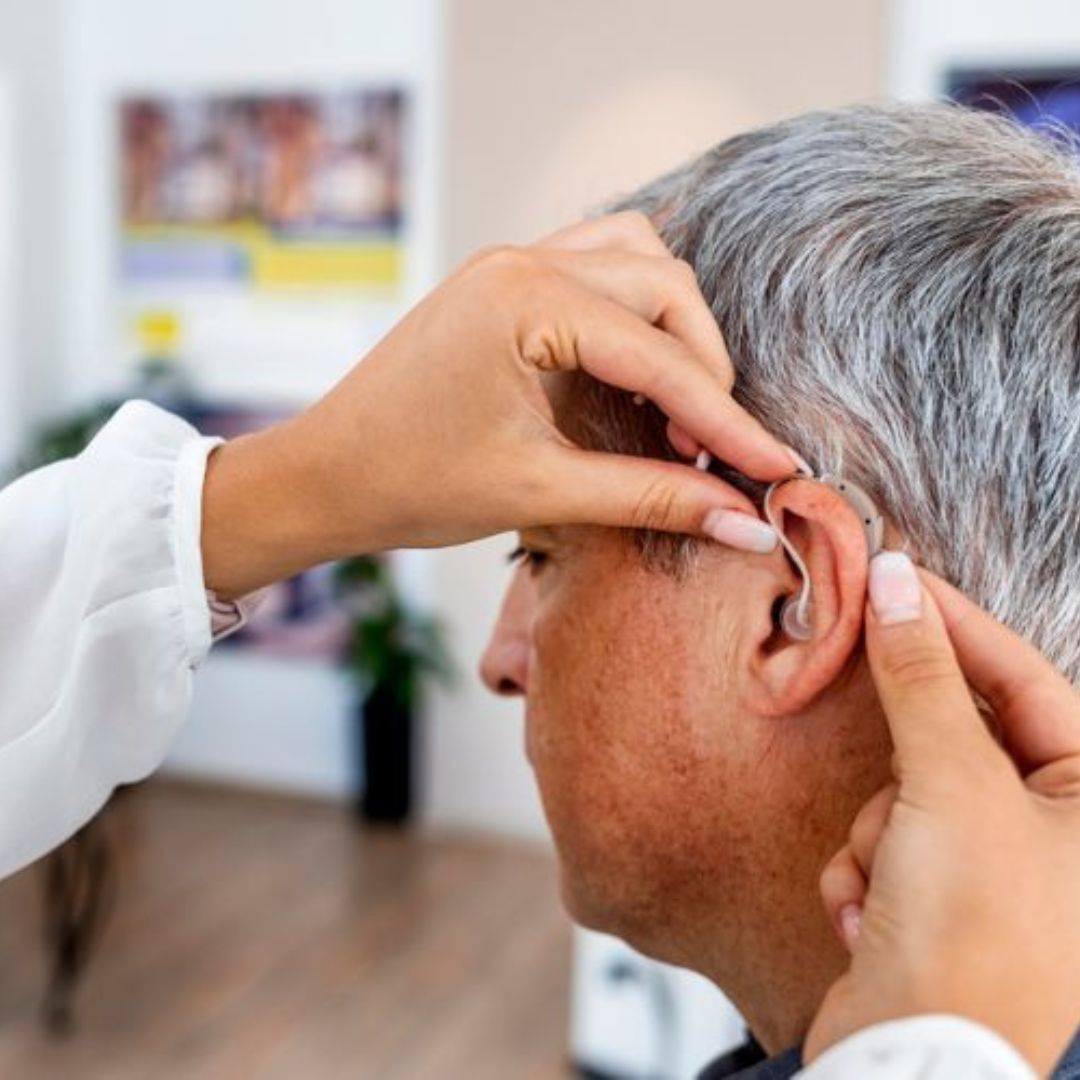Understanding Hearing Aid Feedback: Effective Solutions for Whistling and Other Sounds

Have you ever been in a situation where your hearing aid suddenly starts whistling or beeping, causing an awkward interruption? This is known as hearing aid feedback, a common issue that almost every hearing aid user has encountered at least once. While it can be frustrating, understanding why it happens and how to fix it can make all the difference. In this comprehensive guide, we will delve deeper into the causes of hearing aid feedback and provide practical solutions to help you minimize or eliminate this problem.
What is Hearing Aid Feedback?
Before we dive into the causes and solutions, let's first understand what hearing aid feedback is. Feedback occurs when the amplified sound that goes into your ear canal escapes and creates an oscillation between the leaked amplified sound and your hearing aid microphone. This feedback is most noticeable and louder whenever something gets too close to your hearing aids like your hand, a couch cushion, or a hat.

The good news is that feedback is not a permanent issue and can be fixed. Although many new hearing aids come with feedback cancellation features, feedback can still occur. It often indicates that something is wrong or disrupting the sound from entering and staying in your ear canal. Once the problem is identified, the feedback can be minimized or removed.
Reasons Behind Hearing Aid Feedback Noise
Ear Wax Buildup
One of the most frequent problems that can cause excessive feedback is ear wax buildup. When your ear canal is blocked by ear wax, the amplified sound from your hearing aids cannot travel through effectively. Instead, it bounces back out of your ear canal, creating that unwanted feedback noise. If you notice increased feedback and a decrease in your ability to hear even with your hearing aids on, it may be time to have your ears professionally cleaned regularly.
Poor Physical Fit
The importance of a proper physical fit of your hearing aids cannot be overstated when it comes to preventing feedback. Over time, the shape of your ear canal can change, causing your earmolds or domes to feel loose.

When this happens, it's essential to get new molds made to ensure a snug fit. Additionally, if your hearing loss decreases significantly, the volume of your hearing aids may need to be increased at certain frequencies. In such cases, new molds or domes that provide a more occluding fit can prevent sound from escaping and reduce feedback.
Incorrect Placement of Hearing Aid
Another common cause of feedback is improper placement of your hearing aids in your ears. If they are not inserted correctly, sound can easily escape, leading to feedback. It may take some time and practice to master the art of inserting your hearing aids properly, but with patience and guidance from your audiologist, you can minimize this cause of feedback. If you find that your domes or earmolds are falling out even after proper insertion, it's advisable to schedule an appointment with your audiologist for further assistance.
Best Practices for Maintaining Hearing Aids
Regular Maintenance and Cleaning
To prevent feedback caused by ear wax buildup, it's crucial to maintain good ear hygiene. Regularly cleaning your ears and having them professionally cleaned when necessary can help keep excessive ear wax at bay. This simple step can significantly reduce the occurrence of feedback and improve your overall hearing experience.
Professional Adjustment and Calibration

If you have tried all the possible solutions mentioned above and feedback still persists, it's time to seek professional help. Schedule an appointment with your audiologist to have your hearing aids adjusted and calibrated. They have the expertise and specialized equipment to identify any underlying issues and make the necessary adjustments to minimize or eliminate feedback.
Hearing aid feedback can be a frustrating issue, but it's not insurmountable. By understanding its common causes and implementing the suggested solutions, you can effectively troubleshoot and resolve feedback problems. Remember, if you have exhausted all possible causes and feedback continues to persist, don't hesitate to reach out to your audiologist for further assistance. With the right knowledge and tools, you can enjoy clear and uninterrupted sound with your hearing aids!
Interested in learning more? Attend one of our regular hearing solution events to learn more about our unique approach to hearing loss or give us a call at 916-646-2471.
Contact Us Now



